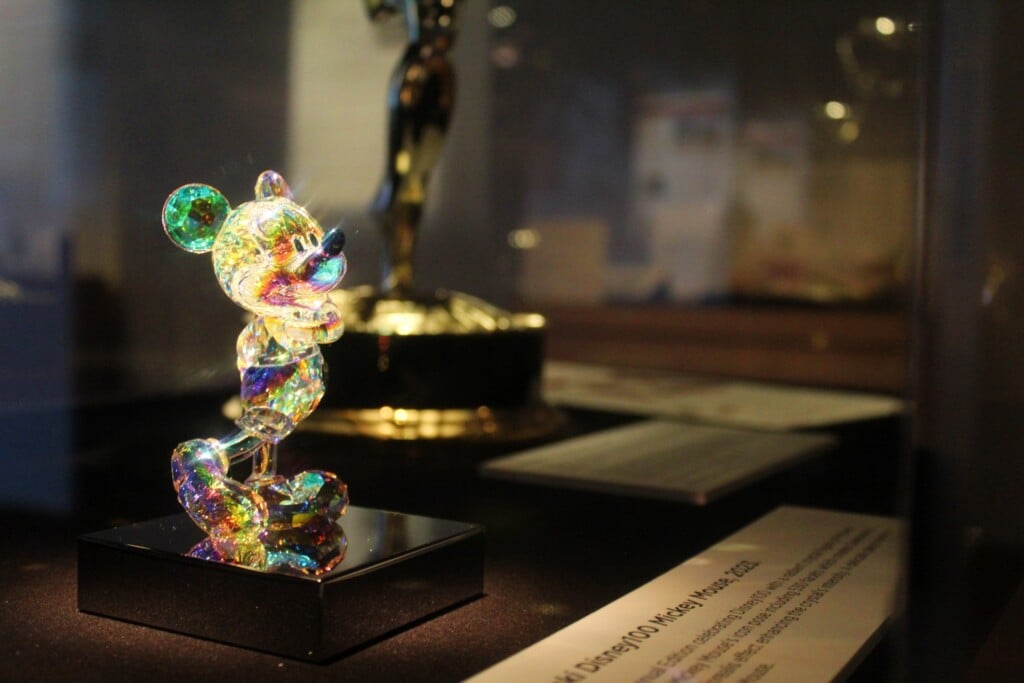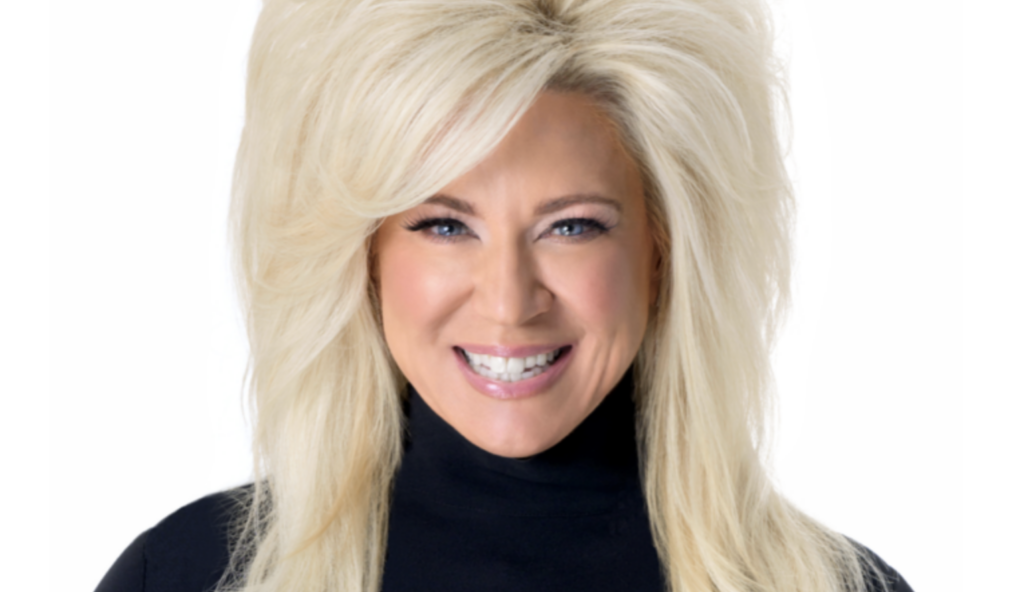Get Off on Their Cloud
For whatever reason, men have been dressing like women ever since someone thought to sort the loincloths into his and hers piles. Sometimes it’s for getting laughs, sometimes it’s for getting off, and for centuries — from kabuki to Shakespeare — it’s just been a way to get through a play. In our time, an actor in drag is almost always a gag, from Milton Berle to Ron Megee to the harrowing scene in Joyce Carol Oates’ Blonde in which Marilyn Monroe strums a ukulele on the set of Some Like It Hot, hopped up on pills and about to gag herself, as she watches the boys. Her thoughts are breathy turmoil: Why is this funny? Why are men dressed as women funny? Why is female funny?
This is germane to the University of Missouri-Kansas City Graduate Theatre Department’s wild production of Caryl Churchill’s imperialistic farce Cloud 9, a show that purées gender, race and sexuality. Here, a man dressed as a woman isn’t a cheap joke. It’s grist for a dissertation.
The man is Samuel T. Gaines, and he’s ravishing, with features so sharp and delicate that I hope he wears an umpire’s mask as he goes about his real life — nothing must harm him! Gaines plays Betty, the cultured wife of Clive, a British colonial officer. They live in Africa; the time is roughly 1880. Betty, Clive and the show’s other representatives of empire carry on much as you’d expect, bringing the natives culture, Jesus and British shame. The men say things like “Good show!” The women note that the men look “rather dashing.” Everyone gads about, more concerned with romantic liaisons than the fact that the natives are plotting against them — “a spot of bother,” as Clive puts it.
His real concern is homosexuality. “Buggering can destroy an empire!” he declares. “Effeminacy is contagious!”
Complicating all of this is drag. Despite her crinkly bustle, Betty, our perfect Victorian wife, is clearly a guy. And a black one at that, lording over the Africans. This irony is good for some early fun, demonstrating how marriage was an imperial arrangement long before the Promise Keepers, but Churchill (and director Mark Robbins) aren’t done yet.
Clive and Betty’s young son Edward is played by Kathryn Bartholomew in full-on Buster Brown regalia, skipping and rhyming and dreaming of adventure — and male adventurers. Bartholomew is terrifically funny, and her apple cheeks and adolescent energy rouse a couple of sleepy scenes. But a strange thing happened at her entrance the night I watched: Instead of laughing or smiling at the mild subversion, everyone seemed a little skeeved. To dress a man as a woman is to mint comic gold; to dress a woman as a man seems mostly to stir bad memories of Yentl.
Drag here applies not just to gender. White boy David Stahl is excellent as Joshua, an African servant nursing resentment against his colonizers. He’s striking, tuxedoed up in a black jacket offset with a white shirt, white tie and creepy black gloves. The moment the audience realizes that he’s meant to be black is greeted with sharp intakes of breath. Stahl’s Joshua speaks thick, clear English, accented but without patois, and manages to exude kingly dignity even while slow-burning through the first act.
Stahl peaks in a remarkable scene with Edward and Betty. With none of the adult men around, Joshua insults Betty, and young Edward — a kid who is evidence, perhaps, of Clive’s warning about feminine being communicable — is forced to defend her. Edward, nervous at first, finally musters a fierce “You move when I speak to you, boy.” This demonstration of imperial entitlement would sting in any show, but when the African being disciplined is a white guy, the authority figure a little boy played by a white woman and the woman of offended honor a black man — well, I had to lay down with an ice pack to work it all out.
It gets dark, with adultery, pedophilia, the death of the empire and lines such as “If you were shot with poisoned arrows … I’d fuck your dead body and poison myself.”
As the head Brits, Logan Ernstthal and David M. Fehr are wonderfully silly, puffing their chests out and speaking as if addressing underlings even during quiet moments. Fehr’s epic mustache and adenoidal speech kill, especially his comic “I say, old chum!” delivery. In the second act, both remain strong in wildly different parts. And bombshell beauty Caroline Perreault is both hilarious and moving in three roles, her eyes communicating more per second than many of my Midwestern relatives do in a lifetime.
Fascinating as all of this is, the show is 20 minutes too long, and sometimes the jokes stall. A tricky second act transports the cast to modern-day London, where they swap parts and play out a new story. This time, it’s the women who rise up against their masters. The straight white men again lose power. Still, Churchill offers hope: an unorthodox sexual relationship struck up among three characters that seems, on the surface, devoid of the power struggles that too often strangle storybook love.




